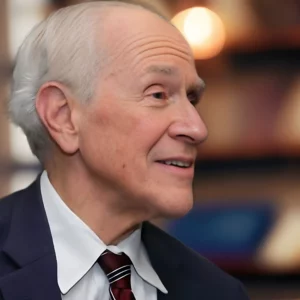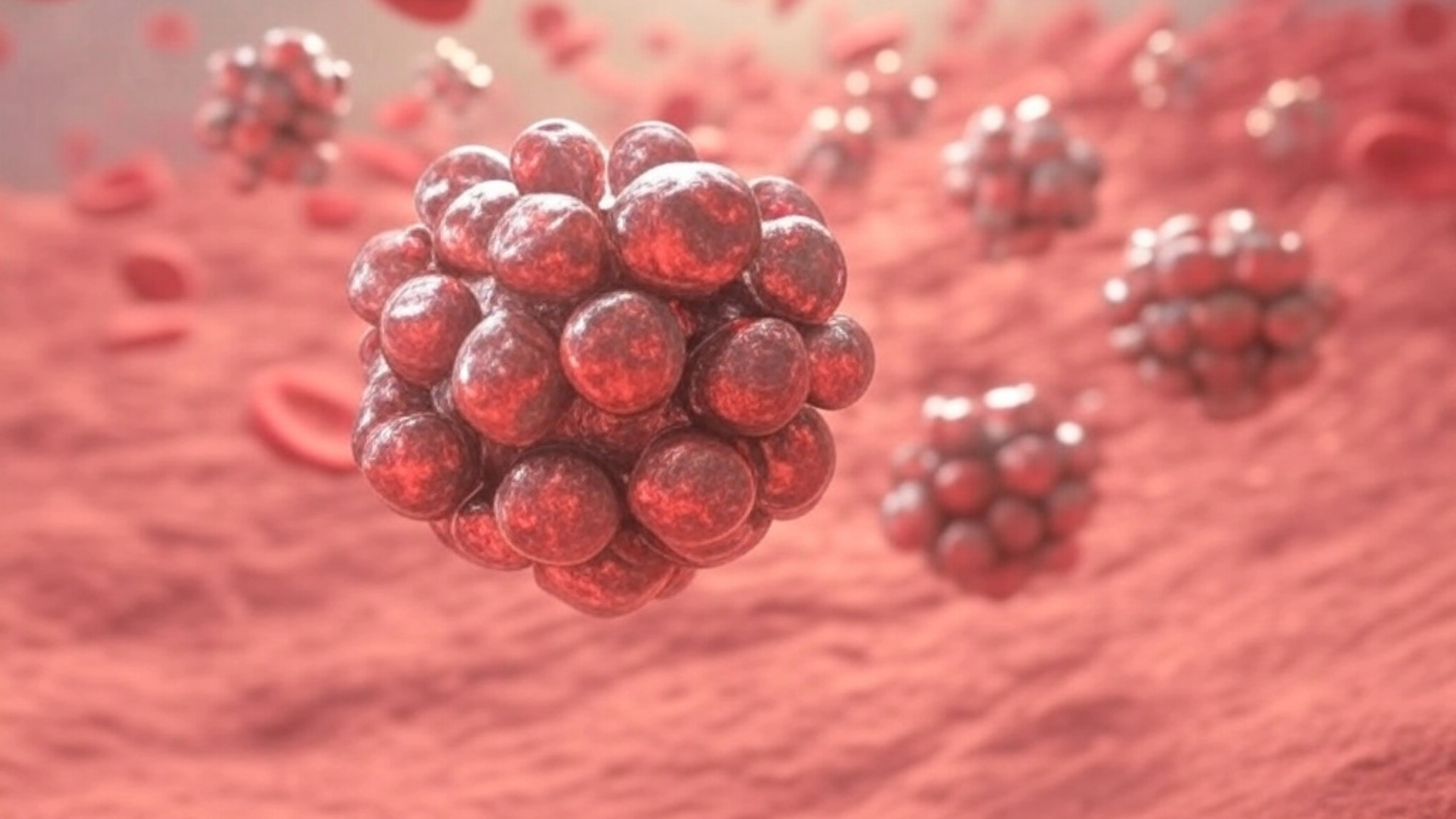Harrison Pope, a Harvard Medical School psychiatry professor, was on the hunt for men dealing with severe depression and low testosterone levels.
Back in the 1940s, folks thought shooting up testosterone could chase away the blues in guys lacking the hormone. The idea fizzled out because those shots were agonizing, and better antidepressant meds showed up. But, modern times brought testosterone patches and gels. In 2000, the FDA gave the nod to a new gel for treating muscle loss, low libido, energy slumps, and what they call hypogonadism (basically, sleepy testicles).
So, Pope wondered if this gel might be the ticket for fellas with both low testosterone and depression that pills couldn’t shake.
First off, they needed to know how many depressed American guys have this low testosterone trouble that won’t budge with pills. Pope aimed to check 150 guys, thinking he’d find around 20 who fit the bill. Surprise, surprise – the number was way higher.
Out of the first 56 tested, 24 had the double whammy of gloom and low hormones. That’s over 40%! Pope was flabbergasted at how common it was.
They did a test run at McLean Hospital. Twelve got AndroGel, and ten got a sugar pill. Pope found mood improvements in the testosterone gang.
Out of the 12 on the gel, ten finished the eight-week study. Three barely budged, four got a bit of relief, but three had amazing turnarounds. It was a small study, but it sure looked like testosterone might help men who’re unimpressed with antidepressants.
How many guys could this help? Probably more than anyone thought before. About 8% of American guys over 30 get hit with major depression each year, and lots don’t fully respond to the usual pills. If 43% of them also have low testosterone like in this study, that’s a boatload of potential candidates for more trials with the supplements.
But here’s the best part – non-depressive guys taking testosterone usually gain muscle and lose fat. Even if their mood didn’t perk up, some packed on muscle and shed fat. One guy in the study didn’t feel better mentally but gained muscle and lost fat.
So, does it just help with the physical stuff like energy, libido, and appetite? Not so fast. The guys who got the hormone felt better mentally too. Less guilt, anxiety, and fewer suicidal thoughts. So, it seems like it’s a mind and body booster.
And it’s not just men who might benefit. Some ladies might get a mood boost from testosterone too, especially postmenopausal or those without ovaries. But they’d need way smaller doses to avoid the manly side effects.
But, there’s a catch. The prostate cancer dragon lurks. Guys in the study are back at their doctors now, deciding if they’ll keep using the gel. The big fear is prostate cancer, especially if you’re on testosterone for decades. Right now, there’s no slam-dunk proof that long-term testosterone is cancer-free.
Harrison Pope compares it to the estrogen rollercoaster for women. Long-term use can come with risks like heart trouble and cancer. For testosterone, there’s no clear answer about cancer risks, so it’s a tough choice.
The guys who did great with the gel might be willing to roll the dice, but for those who only got a little help or just want more mojo and muscles, the risk might not be worth it. It’s a chat for a guy and his doc to have, no doubt.
So, here’s what we’ve learned since 2003:
Every year, more than 6 million guys deal with depression, but a lot of the time, male depression doesn’t get diagnosed.
Men’s mental health journey can be influenced by things like your culture, being a dad, your race, or your financial situation. These stigmas are out there and they can seriously impact men. In fact, almost 1 in 10 guys deal with depression or anxiety, but less than half of them actually seek help. And shockingly, more than four times as many men as women lose their lives to suicide every year. It’s something we should all be aware of.
Testosterone optimization can actually help with anxiety and depression? And you know what, those painful injections that Dr. Pope talked about don’t actually hurt that much, and there’s even an alternative method using insulin syringes.
And get this, despite what some people might say, testosterone doesn’t increase a man’s risk of cancer or heart health issues. In fact, after an 11-year follow up study, it turns out that testosterone therapy not only doesn’t cause any health risks, but it might even lower the risk of major cardiovascular issues and death.
Prostate cancer? It’s been a topic of discussion for a while now. But, did you know that the traditional teaching that high testosterone levels increase the risk of developing PCa is now being questioned? Recent studies suggest that endogenous serum testosterone does not lead to cancer and having low testosterone levels may not offer protection against it. Dr. Pope was correct. Interesting, right?
In another study guys with FH and T2D were given testosterone treatment, their testosterone levels got better, which in turn helped improve their blood sugar levels, blood vessel function, and cholesterol levels. Plus, it also made them feel better by reducing some of the symptoms of hypogonadism. This could be really helpful in reducing their risk of heart disease, especially if they’re also struggling with obesity.
The latest research on testosterone replacement therapy? Apparently, there were some concerns that it could increase the risk of serious heart problems, but new findings with nearly 2 years of follow-up, published in The New England Journal of Medicine and presented at the Endocrine Society’s annual meeting in Chicago suggest otherwise. So it looks like people with “low T” can breathe a sigh of relief!
About Dr Pope:
Harrison G. Pope, MD, MPH, is a distinguished figure in the field of psychiatry with a prolific career spanning a wide spectrum of research areas. He has authored over 300 peer-reviewed papers, covering topics ranging from the diagnosis and treatment of psychotic disorders and major mood disorders to extensive research on eating disorders and body image concerns in both women and men.

In more recent years, Dr. Pope has turned his attention to substance abuse disorders, particularly focusing on substances like cannabis, hallucinogens, ecstasy, and anabolic-androgenic steroids.
Beyond his research accolades, Dr. Pope is a highly regarded clinician with decades of experience in treating patients afflicted with psychiatric disorders, including individuals grappling with severe mood disorders and psychotic conditions.



